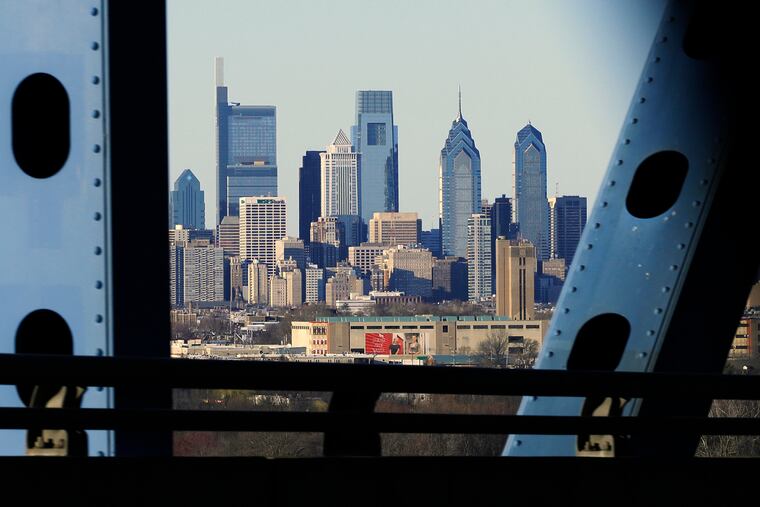To protect Philly’s most vulnerable kids, we must strengthen neighborhoods | Opinion
As we look to April as both National Sexual Assault Awareness Month and National Child Abuse Prevention Month, we need to think holistically about all of the variables that put children at risk.

After 30 years of serving children and families, we at Philadelphia Children’s Alliance know that children do not arrive at our door out of nowhere. They are, instead, typically victims of cycles of abuse and larger systemic failings. Our mission is to provide healing and justice for sexually abused children in Philadelphia. We are committed to working with our partners to innovate new models for child and family services that will break the cycle of abuse.
Almost 3,500 youngsters will receive a forensic interview at PCA this year because they have been subjected to child sexual abuse. Using a multidisciplinary approach, we collaborate with our partners in child protection, law enforcement, and medical and mental health services.
We provide forensic interviews, victim support, and counseling services at the Philadelphia Safety Collaborative, a child-friendly facility that is colocated with law enforcement and child services representatives in order to make the process seamless. These highly trained professionals assure that children are not retraumatized by multiple interviews and that they receive the services they require.
Many children, particularly young children, are vulnerable — to family and historical trauma, substance abuse and mental health issues, or social isolation. The data at PCA, as well as similar centers, affirms the high frequency of past abuse experienced by the parents of today’s victims. We are often dealing with an intergenerational transmission of abusive patterns of behavior.
The data also confirms what we know anecdotally: Many of these families are involved with multiple systems, not just child protection. That is why PCA and its partners believe the smartest way to prevent child maltreatment is to strengthen families and the neighborhoods where they live.
As we look to April as both National Sexual Assault Awareness Month and National Child Abuse Prevention Month, we need to think holistically about all of the variables that put children at risk. What can we all do to avoid having so many children and families enter the equivalent of the social services emergency room?
One place to look for an example is the medical system. No one would accept a health-care program that is limited to emergency treatment. Rather, the current best practice in medicine is to reach the widest population possible with support for a healthy lifestyle. Medical professionals use data to identify populations most at risk for specific illnesses, and then proactively commit to reduce or eliminate the incidence of the problem. If an illness or emergency occurs, there is a coordinated response by a multi-disciplined team of professionals working together to stabilize a patient.
Most impressive is the follow-up care process, in which a network of support for the patient consists of professional helpers and others who monitor and support the patient, guarding against a relapse. To stop or deter the cycles of abuse and neglect of children, we should look to the lessons of medicine and public health.
Over three decades, the Philadelphia Children’s Alliance has created a state-of-the-art process for intervening in the lives of kids who have been sexually abused. As we look ahead to the next 30 years, we will also refine our purpose to include keeping children safe from any recurrence of maltreatment, engaging parents as partners whenever that is safely possible, and providing families with the tools they need to keep their families strong, self-reliant, and supportive of their children.
Paul DiLorenzo is the interim executive director of the Philadelphia Children’s Alliance, an independent nonprofit organization that promotes healing and justice for sexually abused children in Philadelphia and services for families.